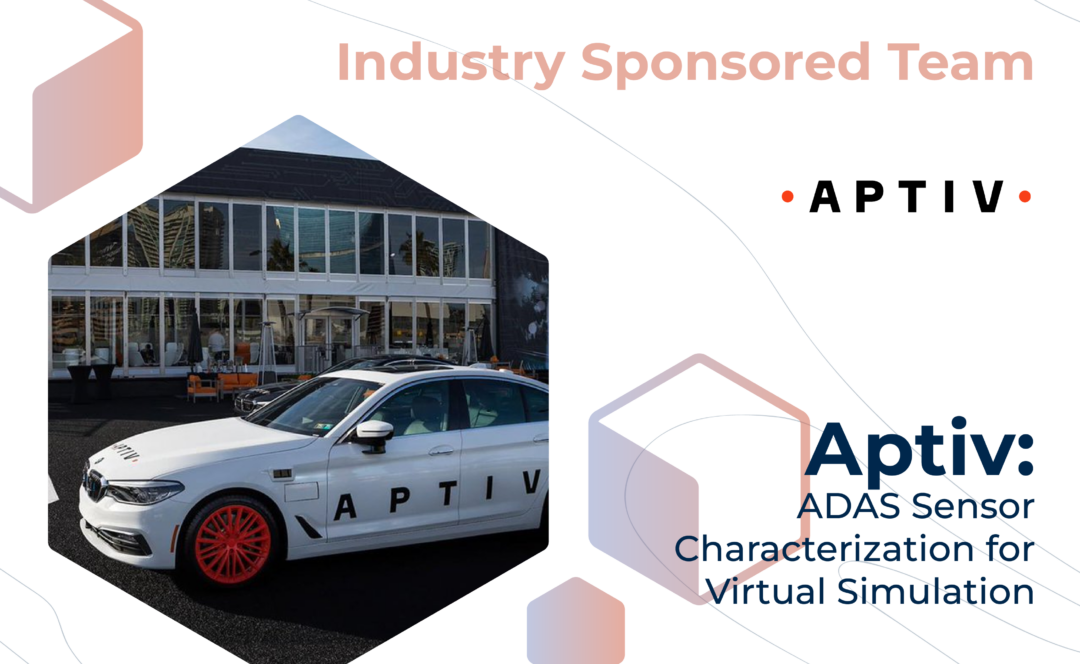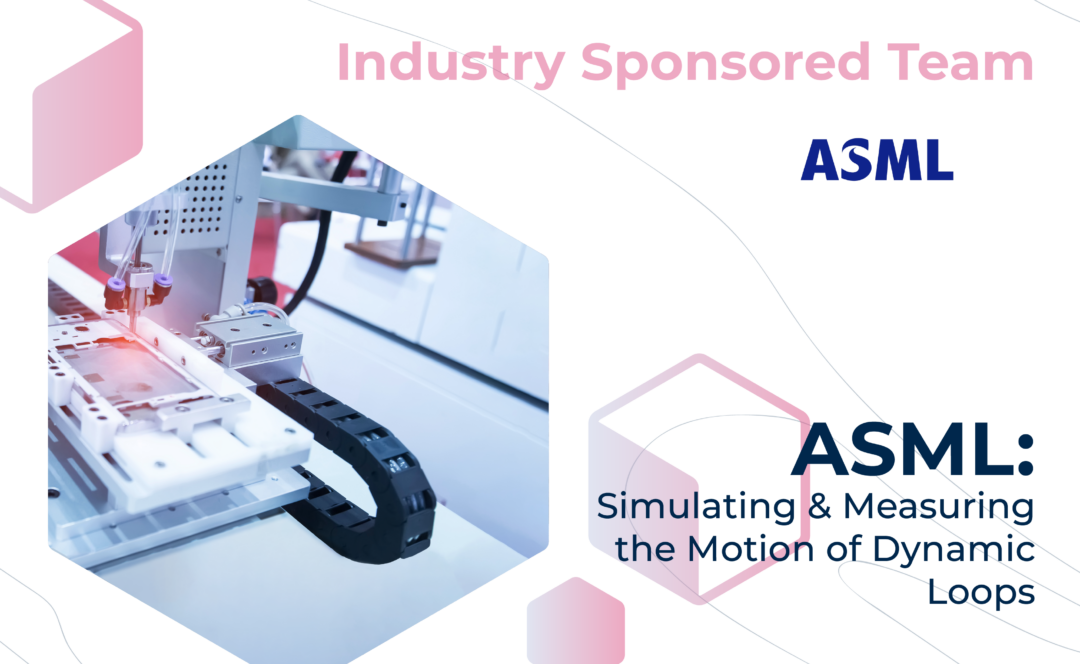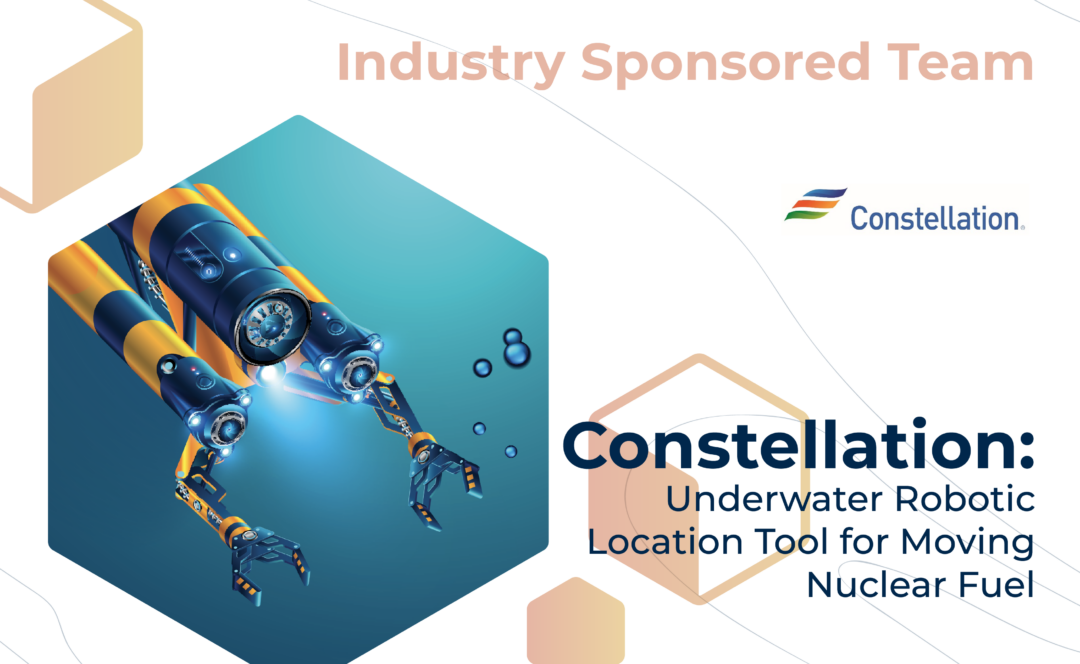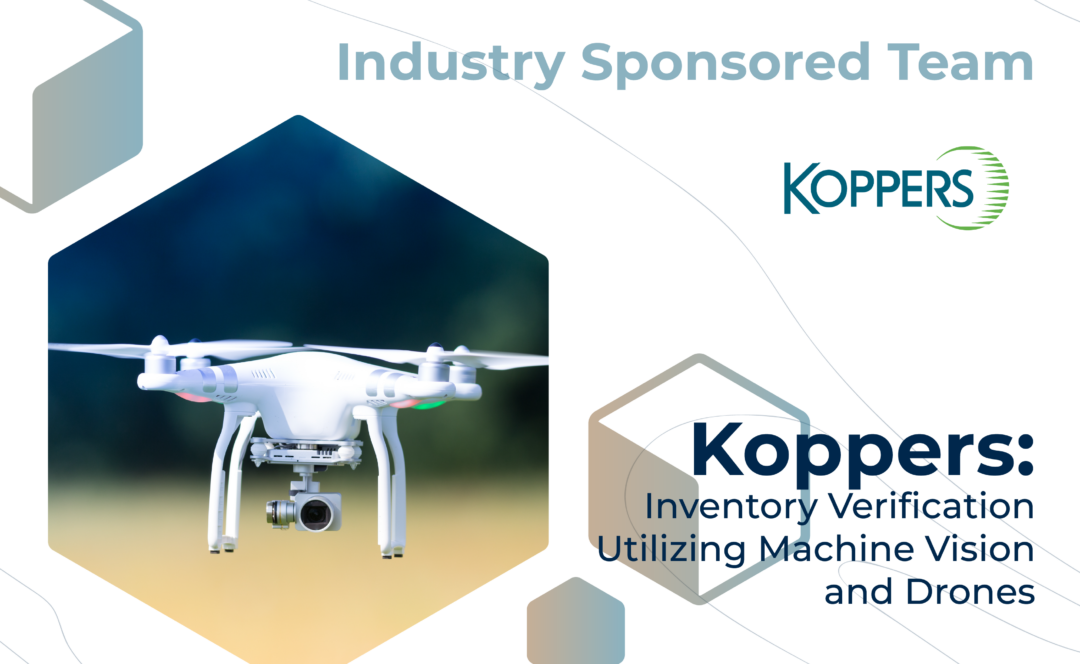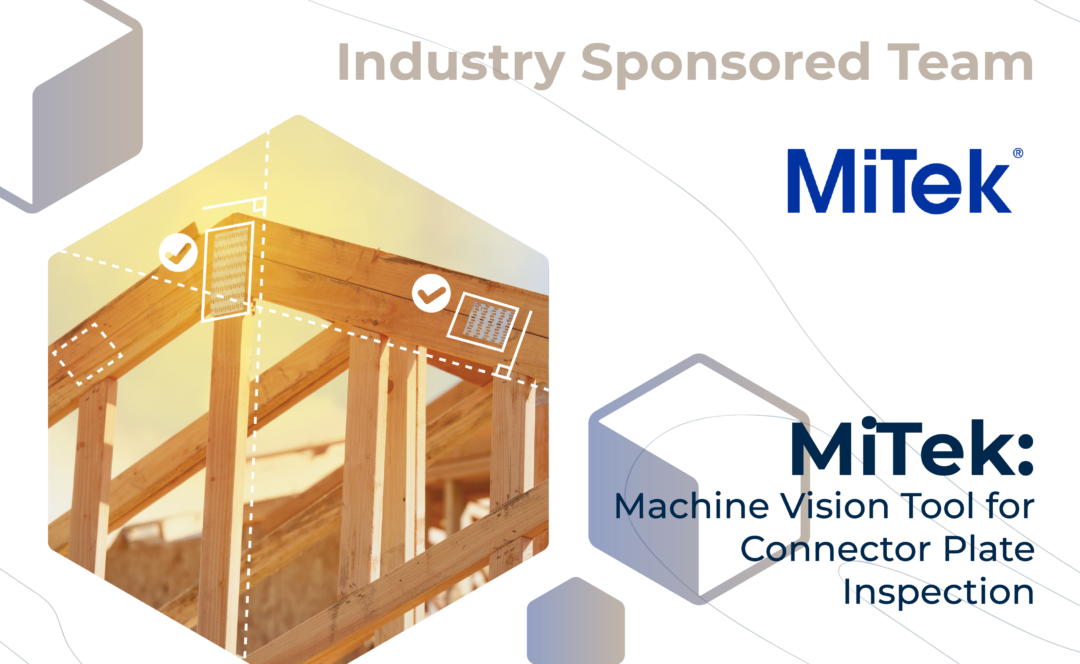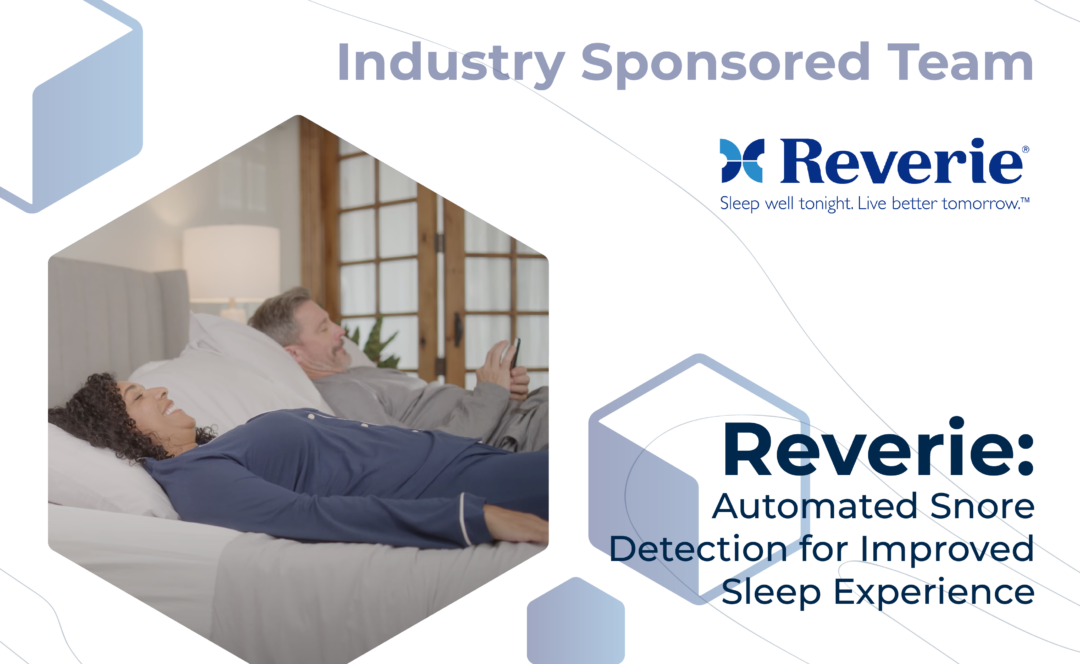– Clear
Aptiv is working towards a realistic “Virtual Driving Simulation” to enhance the verification of Advanced Driver Assistance Systems (ADAS) in various scenarios, including corner cases. Students on the Aptiv team will work with existing real-world vehicle data and develop models to replicate sensor (radar and camera) performance in various environmental conditions, providing realistic sensor outputs that drive the behavior of downstream algorithms.
ASML manufactures complex lithography systems critical to the production of microchips, which use high-acceleration linear stages to accomplish incredibly precise tasks. Students on the ASML team will study the dynamics of rolling loops of wires and hoses on these systems, conducting research to develop a simulation of their dynamic behavior, and build a physical test rig to directly measure the resulting motion profiles.
Every year, Constellation Generation moves thousands of nuclear fuel bundles safely in and out of reactor cores in a challenging underwater environment, which is heavily dependent on humans to ensure reliability. Students on this team will aim to eliminate the human element of this critical task, by adapting a robotic tool for underwater nuclear use, reducing the risk of an error.
Honda envisions a future where unmanned aerial vehicles (drones) work in tandem with cars on the road. Students on this team will build on previous path-planning research, developing and testing various use cases for drones to enhance the automotive driving experience, such as increasing the perception range of automobiles by sensing areas, and streaming data back to the autonomous vehicle.
As the presence of robots in our every day life continues to increase, it will be critical to ensure that they can safely and efficiently interact with humans in an uncontrolled environment. Students on the Honda project will develop algorithms to find feasible, collision-free paths for a Clearpath Jackal robot with a Zed2 camera operating in a crowd of pedestrians.
Koppers is one of the leading producers of railroad ties in North America, which is a product that is stored in large outdoor stacks, that makes inventory time-consuming and difficult. The students will develop an autonomous drone-based camera system to determine the amount of a particular product available within inventory stored in an outdoor, multi-acre site.
The MiTek® Automation Technical Development organization is responsible for creating new and improving existing tools that support factory-based component manufacturing for single and multi-family construction. Students on this team will aim to develop a proof-of-concept automated inspection system to ensure that truss components meet all quality inspection criteria.
Students on the Reverie team will design and develop a sound detection and integration feature that accurately identifies snoring and automatically sends a signal to the bed to perform actions to mitigate snoring, cater to individual preferences, and improve sleep comfort for those that have trouble falling asleep.
Subaru wants to implement advanced AI functionality in their Driver Monitoring System (DMS), leveraging passive IR (infrared) research. Students will develop advanced IR sensor applications for driver monitoring and consumer convenience that will be deployed in our prototype WRX, which is actively being displayed throughout the US at various auto shows, racetracks, and extraneous events.
Walbridge construction company makes jobsite safety a top priority on all their projects, including their two active jobs on U-M’s North Campus. Students on the Walbridge team will develop a Proximity Warning Alert System (PWAS) that detects people, rather than objects, in the blind spots of mobile construction equipment.

